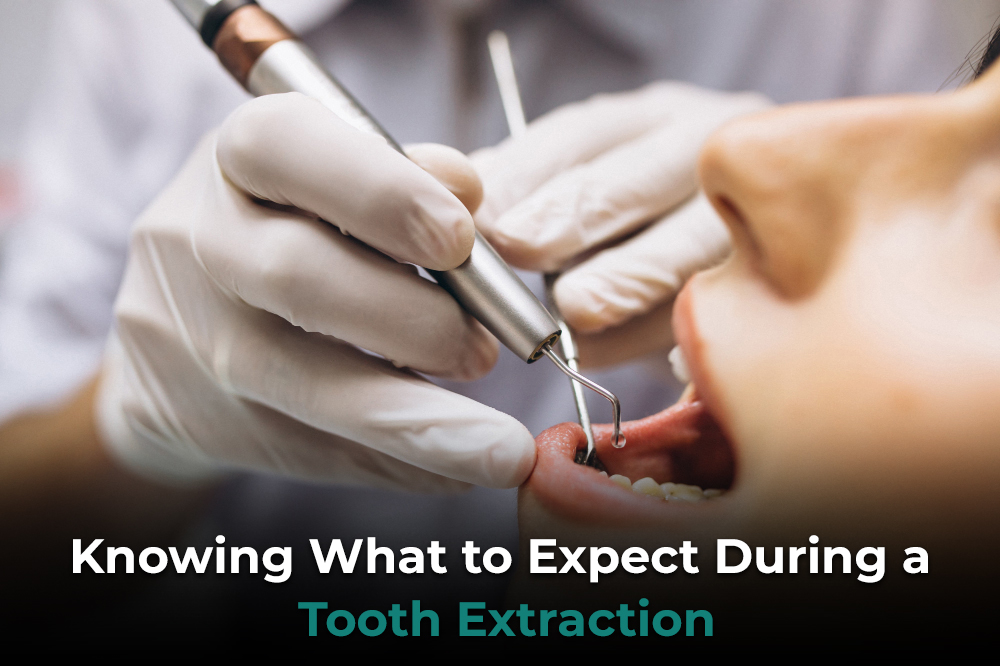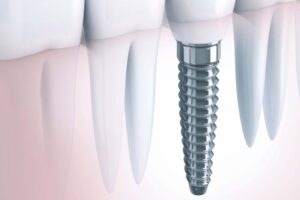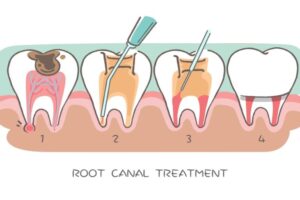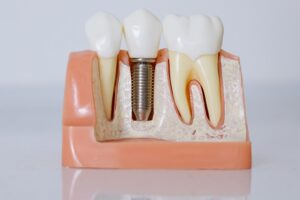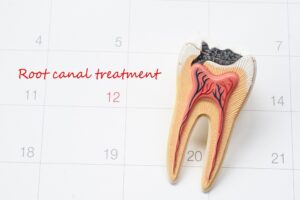Tooth Extraction can be carried out for any age group. Many adults and teenagers have their wisdom teeth removed, or there might be other reasons for the removal. Bacterial growth and different kinds of infection cause decay which may result in tooth extraction. Patients with serious health issues, such as the ones undergoing chemotherapy, have not paid attention to oral health, compromising their teeth. In such cases, tooth extraction can be complicated, given the health conditions of the person in question. The extraction is performed by a dentist or an oral surgeon who uses local anesthesia or other methods to make it a painless process.
The Procedure of Tooth Extraction
Schedule an appointment with your dentist once you feel that your tooth is giving you a lot of trouble. Make sure to meet your dentist and tell them about the medications you are taking and any vitamin supplements. If you have had any surgery during your lifetime, be sure to share the information with your dentist. People who have heart conditions should get extra tests done before the procedure. If you have any severe illnesses concerning the thyroid, kidney, or liver or have diabetes or an impaired immune system, you should let your dentist know. Your dental surgeon will ensure that all your health conditions, including your pressure and sugar levels, are in check before the procedure occurs. It is also essential to have no infection in your system that will weaken your immunity, as the surgery can be severe, considering your health conditions.
Types of Tooth Extraction:

Surgical – This extraction is done by giving local anesthesia in the mouth. Depending on your health conditions, the doctor may also perform the surgery under general anesthesia. When the procedure is performed under LA, the patient will feel the pressure but not the pain. The surgeon will make an incision in the gum and may require bone removal to extract the tooth.
Simple – Simple extraction is also with anesthesia, which mainly numbs the area around the tooth so that it does not cause any pain during the procedure. The dentist uses forceps to remove the tooth. This is a reasonably straightforward process.
Risks and Aftercare
Depending on the patient’s health conditions, a few risks are involved in tooth extraction. There could be bleeding that lasts longer than usual with the addition of fever, which may have been caused due to the infection. Infection can also grow around the area where the procedure occurs due to bacterial formation. Finding the best clinic for tooth extraction in Gurgaon is recommended to understand the process and the risks involved. After the surgery, there is also a period where you have to take care of the area. As a precaution, it is advised not to drink hot food or other drinks for at least a day. After the procedure, you shouldn’t gargle or use water to wash your mouth for at least 24 hours. This is because the place the surgery has taken place needs to heal, and the blood clot should not be damaged, increasing the chances of infection.
Conclusion
Get tooth extraction in Gurgaon done by the best dental clinic near you. Make sure you meet the doctor and share your medical history and other information about health conditions that might impact the surgery. If you are a heart patient, get all the tests done before the surgery and take clearance from your physician.

